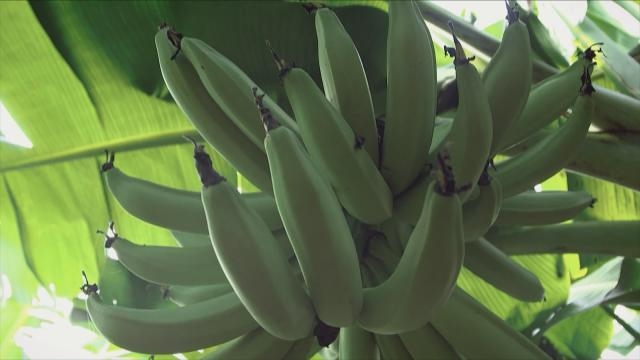A pesticide sprayed on plantations in Nicaragua for decades, continues to cause controversy and alleged illness.
Northern Nicaragua was once abundant with agricultural wealth. But locals say that changed when a pesticide began to be sprayed on fields and adversely affected worker’s health. They say it’s still causing problems today.
The origins of bananas go back thousands of years to Southeast Asia. Today, Latin America exports more bananas globally than any other region in the world. But like other crops, it’s vulnerable to disease and is no stranger to pesticides.
Nemagon or DBCP was one pesticide sprayed in banana plantations by fruit companies, starting in the 1960s, to protect the fruit from disease and damage. The trouble is workers who sprayed it later claimed it damaged them. Thousands have complained of ailments and taken legal action.
The United States banned the pesticide in the 1970s after the U.S. Environmental Protection Agency determined that it was “cancer-inducing.” But some countries continued to use it in the years that followed.
One of those countries was Nicaragua.
Correspondent Grace Gonzalez reports on this story from Nicaragua. She talks to people who are still dealing with the alleged side effects of Nemagon. They believe without resolution, future generations will continue to deal with the aftermath of the pesticide.

 CGTN America
CGTN America
